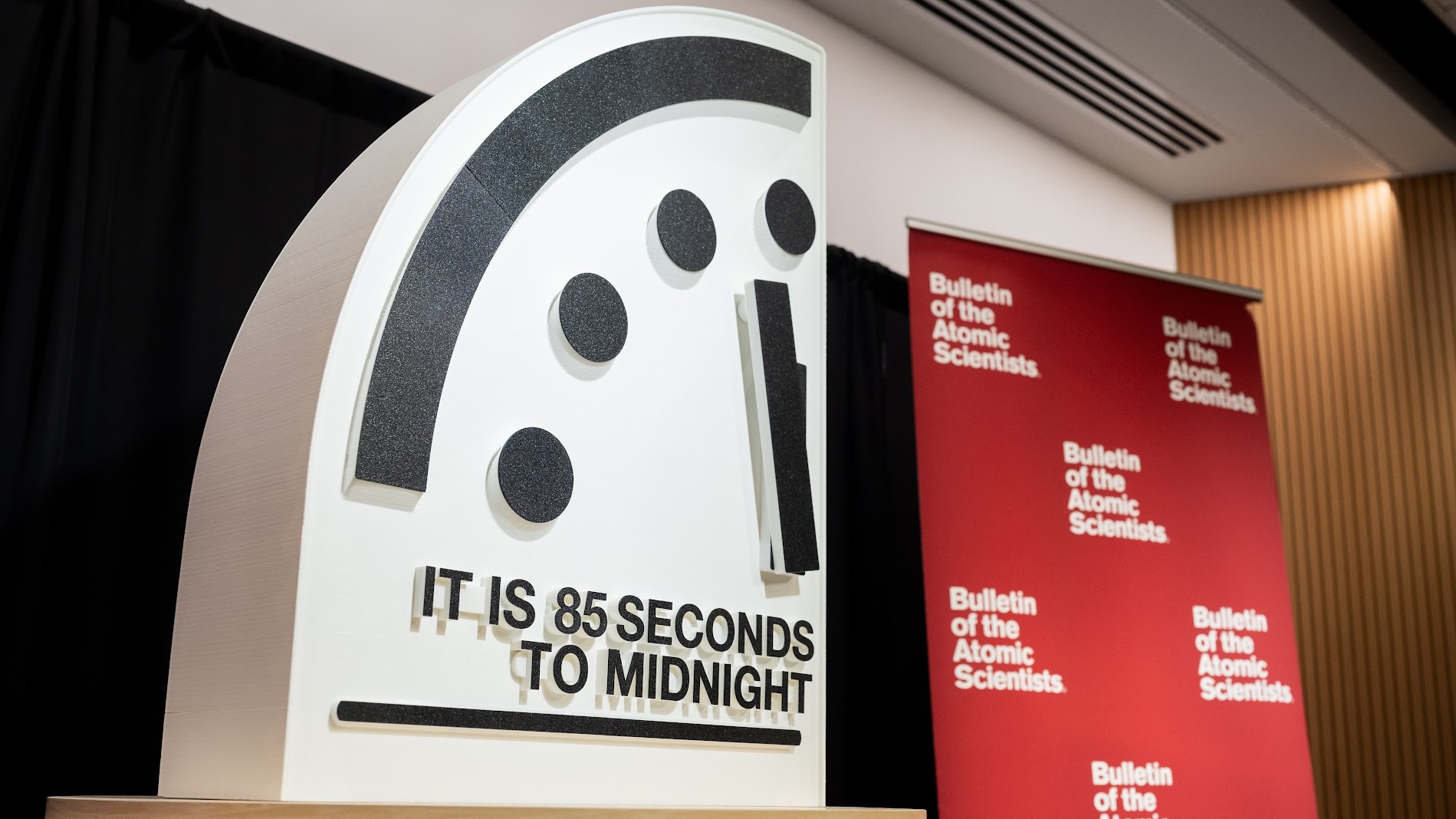Tiny primate

In an October 2013 study, researchers described an ancient, tiny primate that was found in a Thai coal mine. The new discovery comes from a pivotal period in primate evolution about 35 to 40 million years ago, when simians migrated across a sea from Asia to Africa.
Coal mine finds
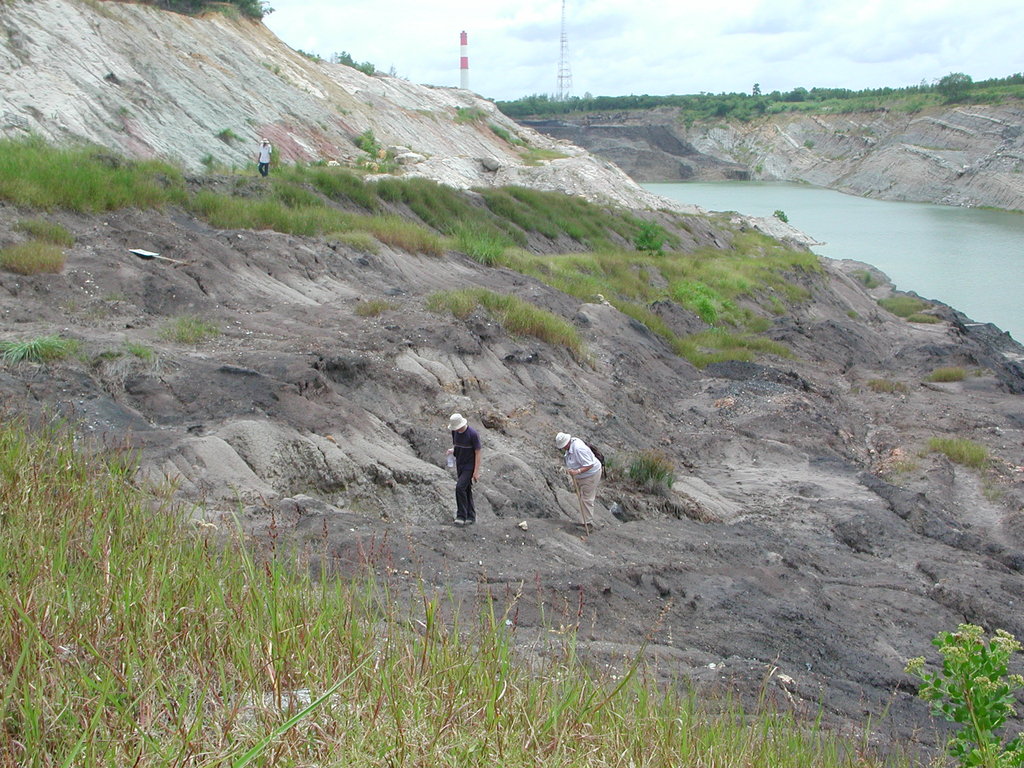
The Krabi coal mines in Thailand have provided a rich trove of fossils over several decades, including two fossils of anthropoids, a group that includes all monkeys and apes, including humans.
Mysterious history
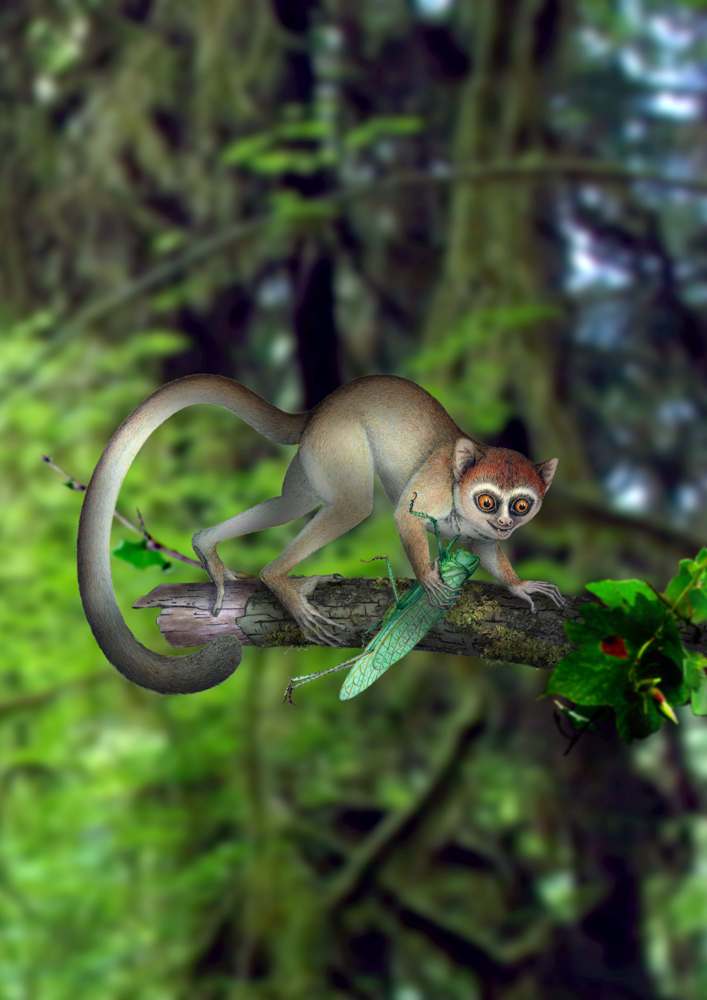
The history of anthropoids has been shrouded in mystery. Scientists have found fossils of some of the earliest primates, such as the miniscule Archicebus achilles pictured here, from about 55 million years ago in China, and fossils of anthropoids, the precursors to monkeys and men, about 45 million years old in Southeast Asia.
Scarce finds
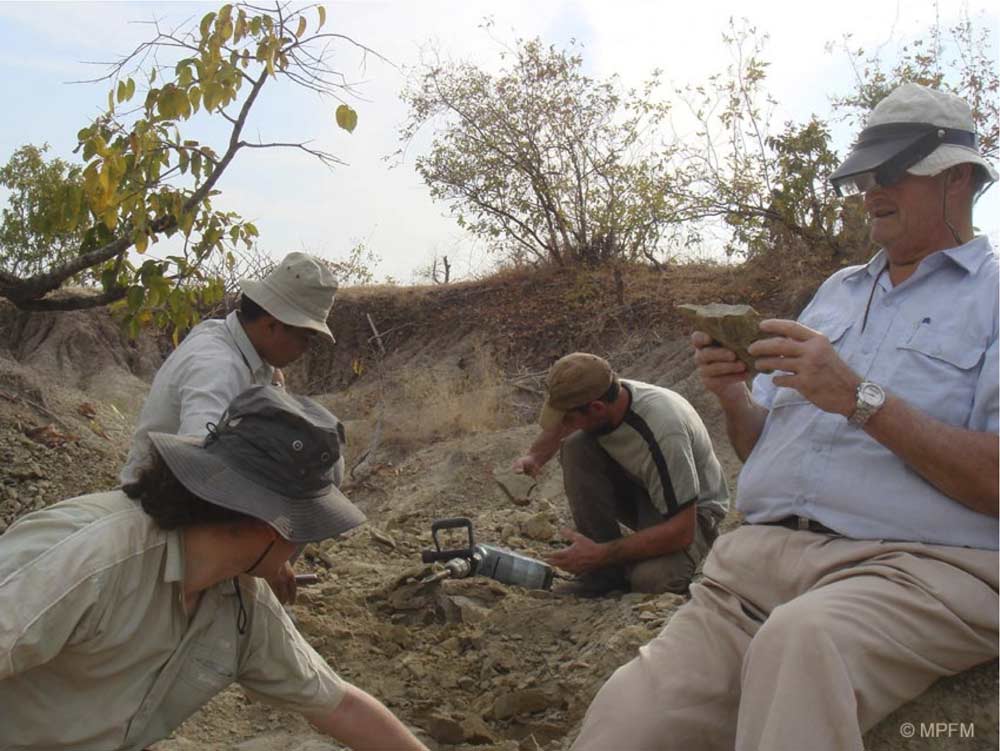
By around 38 million years ago, anthropoid fossils are found in Libya. That suggests ancient primates somehow traveled from Asia to Africa, a daunting feat when the two continents were separated by the vast Tethys Sea. Exactly how they did that was a mystery.
Strange teeth
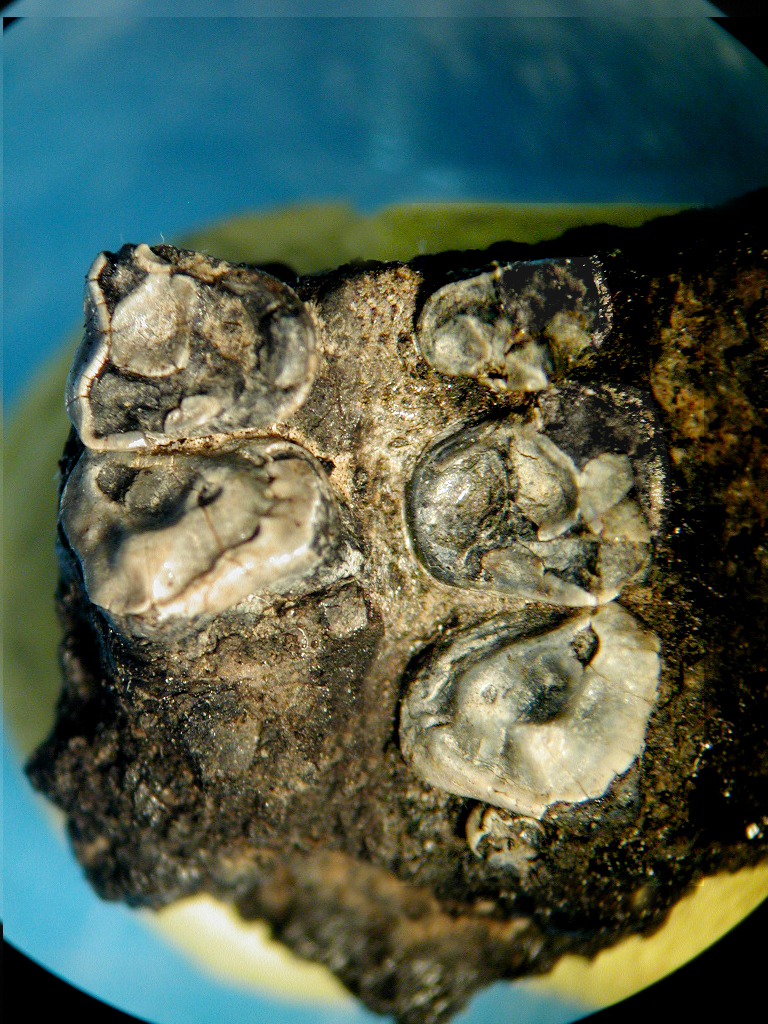
The team unearthed part of the jaw and teeth of the new species, Krabia minuta. Krabia dates from roughly the time of primate's migration to Africa. The tiny animals weighed just 0.5 pounds .
Gum and fruits
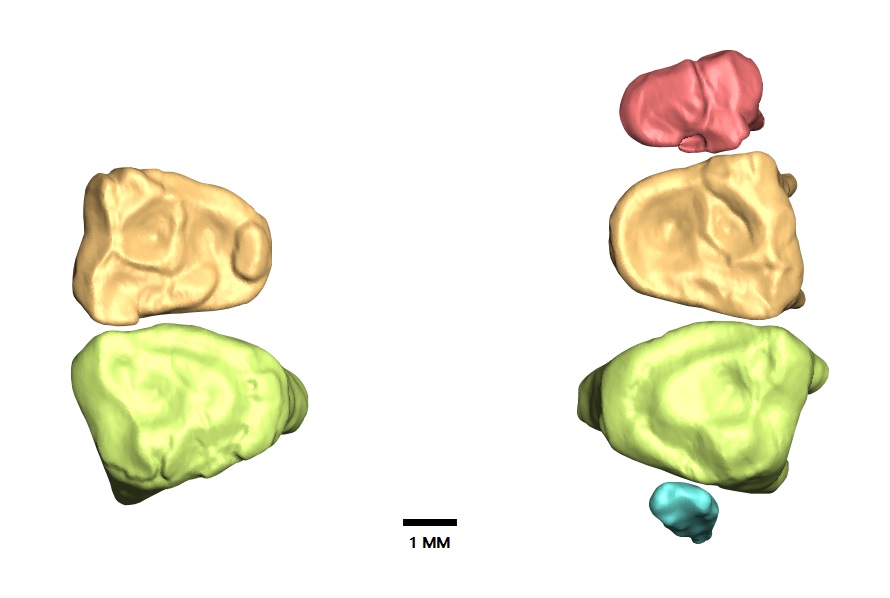
The pint-sized primates were much smaller than any of the known related species. Their teeth, shown here in a computed tomography (CT) scan, were also strange, more adapted to eating fruit and gummy foods than nuts or insects as their close relatives did.
Mystery classification
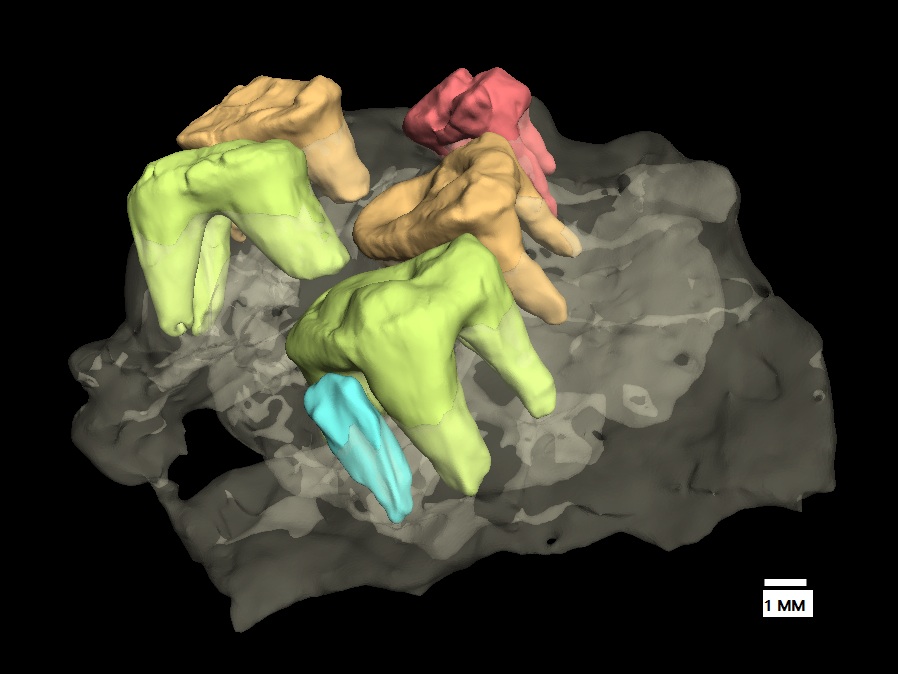
The new species has for now been placed on the primate family tree with creatures known as amphipithecids, but a more complete fossil may be needed to make a definitive classification, researchers say.
Get the world’s most fascinating discoveries delivered straight to your inbox.

Tia is the editor-in-chief (premium) and was formerly managing editor and senior writer for Live Science. Her work has appeared in Scientific American, Wired.com, Science News and other outlets. She holds a master's degree in bioengineering from the University of Washington, a graduate certificate in science writing from UC Santa Cruz and a bachelor's degree in mechanical engineering from the University of Texas at Austin. Tia was part of a team at the Milwaukee Journal Sentinel that published the Empty Cradles series on preterm births, which won multiple awards, including the 2012 Casey Medal for Meritorious Journalism.
 Live Science Plus
Live Science Plus





